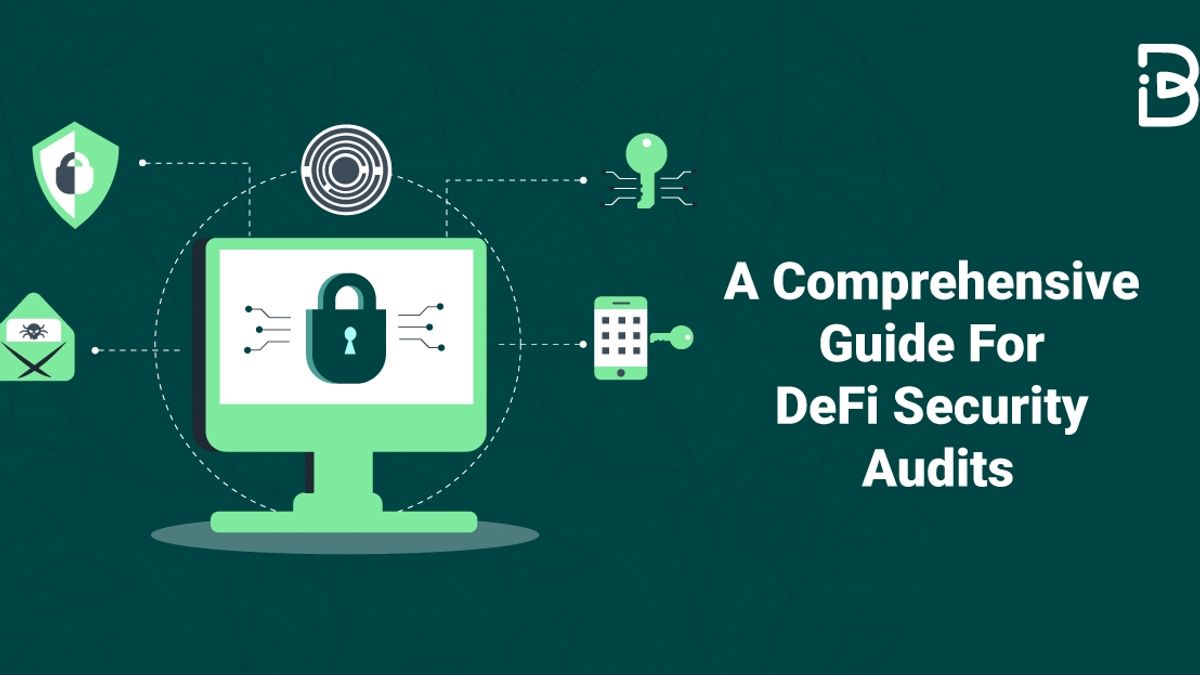
In the ever-evolving world of decentralized finance (DeFi), security remains paramount. A recent incident involving the loss of $8 million worth of SOL from wallets has brought this issue to the forefront, sparking discussions about necessary measures to safeguard DeFi platforms.
Auditing: The First Line of Defense
Ronghui Gu, co-founder of Certik, a leading cybersecurity firm, emphasizes the importance of thorough auditing in identifying vulnerabilities and enhancing platform resilience. “Audits should not be a one-time event,” Gu says. “They should assess multi-signature wallet implementations and provide regular security training for team members.”
The growing complexity of DeFi protocols necessitates a comprehensive approach to security audits. These audits should include smart contract verification, penetration testing, and risk management assessments.
Governance System Vulnerabilities
Beyond the technical aspects, governance system vulnerabilities pose significant risks. Gu highlights the need for a comprehensive review of the governance process, including proposal creation rules and voting power distribution.
“Decentralized governance is still in its infancy,” Gu explains. “It’s crucial to establish robust mechanisms that prevent malicious actors from exploiting these systems.”
Leveraging Technology for Enhanced Security
Technological advancements offer promising avenues for improving DeFi security. Machine learning and specialized tools can enable rapid code analysis and uncover vulnerabilities before they are exploited.
“We’re seeing a shift towards automated security solutions,” Gu notes. “These tools can significantly reduce the time it takes to identify and address security issues.”
Collaboration and Transparency: The Keys to a Secure DeFi Ecosystem
For Gu, collaboration within the DeFi community and transparency are essential components of a secure and stable DeFi ecosystem. “Sharing information about vulnerabilities and attack methods can help the entire community learn and improve,” he says.
In light of recent incidents, the call for stronger security measures in DeFi grows louder. Balancing innovation and security is a complex task, but with robust auditing practices, technological advancements, and a commitment to collaboration and transparency, a more secure digital financial system is within reach.
As the DeFi sector continues to grow and mature, addressing these security challenges will be crucial to maintaining user trust and fostering widespread adoption. The recent SEC announcement of a new rule to amend the definition of securities dealer, potentially subjecting DeFi participants to registration requirements and other regulations, further underscores the need for robust security measures in this space.
Note: This article was published on February 13, 2024.
In the face of mounting security concerns, the DeFi community is rising to the challenge. With a focus on robust auditing practices, technological innovations, and a commitment to collaboration and transparency, the sector is working towards a more secure and resilient future.

















